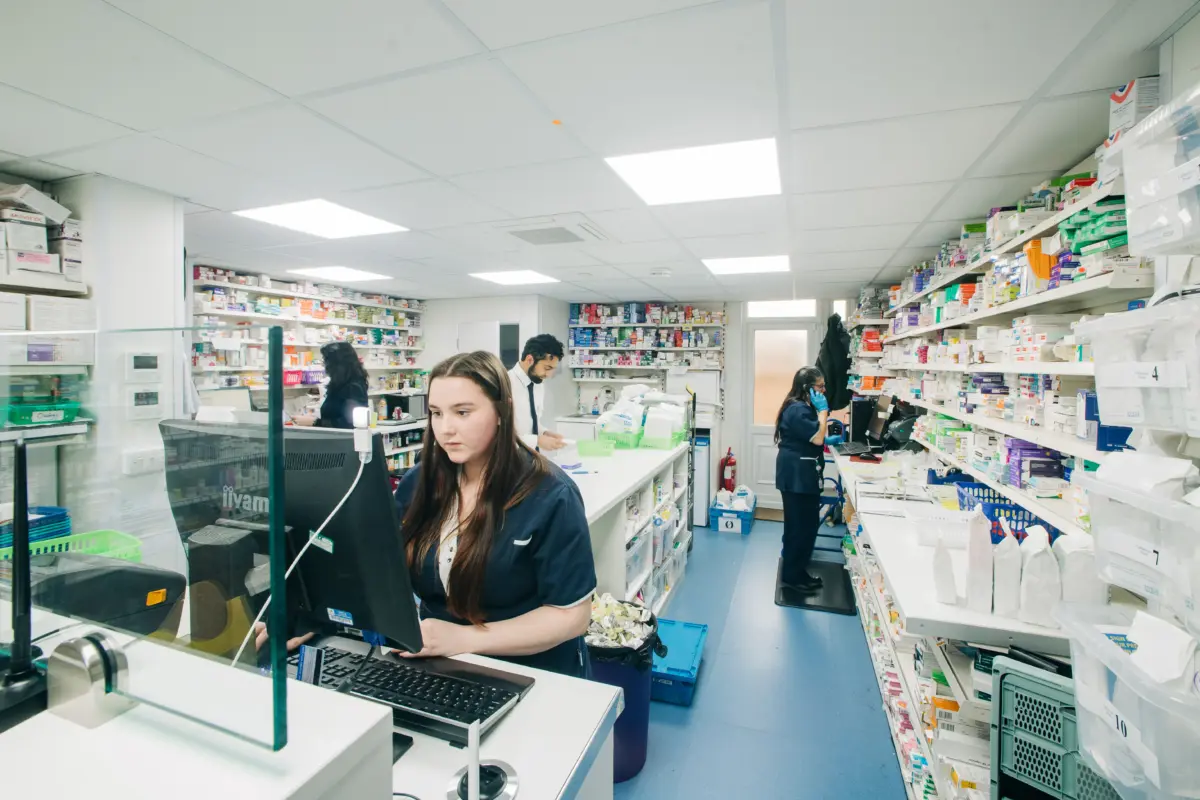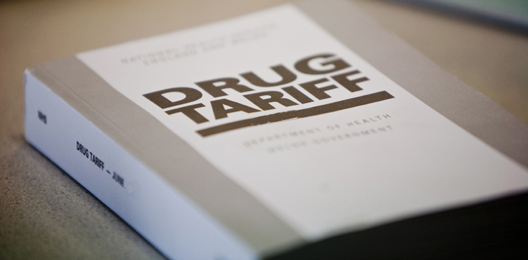Record number of SSP items dispensed during penicillin shortage
Community pharmacies in England dispensed a record number of items using Serious Shortage Protocols (SSPs) in December 2022, following the publication of eight SSPs for antibiotics, data analysis by The Pharmaceutical Journal has revealed.
Data from the NHS Business Services Authority showed that pharmacists dispensed 12,858 items using an SSP in December 2022, with antibiotics accounting for 98% (12,625) of these items. A further 12,259 items were dispensed using SSPs in January 2023.
We have issued the following comment on the figures.
Our Director of Legal, Gordon Hockey, said:
“During this period of supply disruption affecting the availability of certain phenoxymethylpenicillin (Pen V) formulations, DHSC introduced a series of Serious Shortage Protocols (SSPs) to help mitigate the situation. There were other active SSPs as well. Although pharmacy usage of SSPs has increased during this period, it is relatively low given the number of prescriptions usually issued for these Pen V formulations. There are various reasons for this, for example, prescribers switching to alternative products when there are shortages and SSPs are issued, but we consider that a key reason is the nature of the SSPs themselves – they are blunt and complex tools to use.
Furthermore, the SSP fee has not changed since 2019 and the claiming process is problematic for many pharmacy teams. Our guidance supports teams making endorsements correctly, and we also have guidance supporting teams raising PMR-specific claiming issues with their suppliers. The fee for SSPs is also an average between relatively frequently used formulation changes and relatively rarely used (and clinically more involved) product substitutions. When the majority of SSP use relates to product substitution, as it did when the Pen V SSPs were issued, the overall fees are too low for the workload involved.
We urge Ministers to consider greater flexibility for pharmacists to carry out simple changes, such as quantity, strength and formulation changes, without the need for prescriber authorisation. Pharmacists are eminently qualified to do this. Hospital pharmacists have been doing this for years and community pharmacists should be similarly able to help patients. At the same time as doing this, an appropriate higher fee could be set for product substitution SSPs.”









